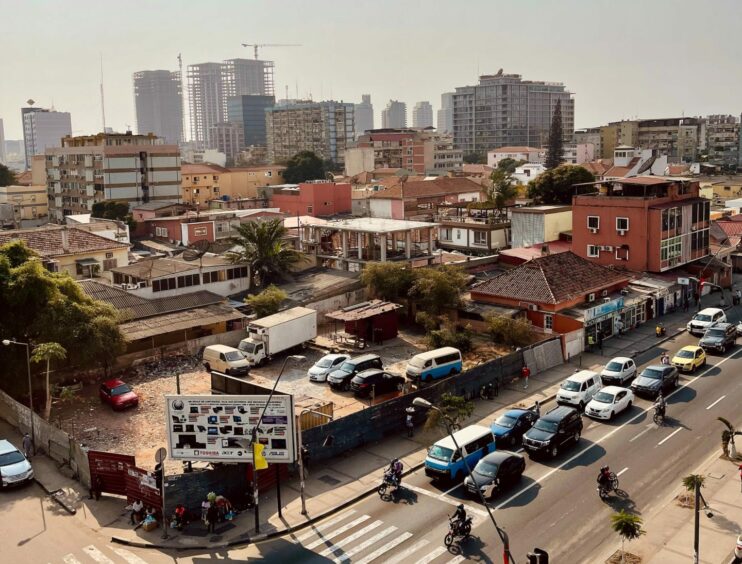
Angola has rejected OPEC’s quota allocation for 2024 and sent a note of protest to the organisation.
The West African state has said it will continue to produce 1.18 million barrels per day. At the OPEC meeting yesterday, the group imposed a quota on Angola of 1.11mn bpd.
Angola Minister of Mineral Resources, Oil and Gas Diamantino Pedro Azevedo said the decision on cuts had not been unanimous.
As a result, Azevedo reiterated the proposal for Angola to produce 1.18mn bpd.
“Our country has been a member of OPEC for more than 16 years and during this period we have fully complied with all the obligations owed to the organisation”, he said.
The quotas for Angola, Congo Brazzaville and Nigeria were set following an assessment of three independent sources: IHS, Wood Mackenzie and Rystad Energy. Congo was set at 277,000 bpd and Nigeria at 1.5mn bpd.
OPEC in its mid-November update put Angolan production at 1.172mn bpd, Congo at 257,000 bpd and Nigeria at 1.416mn bpd.
The decision at the November 30 meeting, therefore, saw Angola as the only African country told to reduce production.
Nigeria may not be happy with its quota. Before the meeting, sources had suggested it was targeting an allocation of 1.58mn bpd.
In comments to Lusa, Azevedo did not rule out Angola dropping out of OPEC. He said the country would first wait for a response to its letter. There were signs in the run up to the meeting of tensions between OPEC and Angola.
Presidential talks
Angolan President João Lourenço visited the US this week and held talks with US President Joe Biden.
Lourenço called for more investment from the US in Angola, with a number of comments around the Lobito Corridor. This project covers rail and also solar energy, with Sun Africa investing $900mn. The US is also interested in Angola as a potential source of critical minerals.
Additional cuts
OPEC also announced a number of voluntary cuts from members, adding up to 2.2mn bpd. These were based on the production levels set in June this year, and will run from January to the end of March 2024.
Saudi Arabia announced the lion’s share of the reduction, claiming a 1mn bpd cut. Also offering cuts were Iraq, the United Arab Emirates, Kuwait, Kazakhstan, Algeria and Oman. Russia also said it would cut 500,000 bpd in the same period, made up of 300,000 bpd of crude and 200,000 bpd of products.
Investec’s head of commodities, Callum Macpherson, said the cuts appeared to suggest an actual reduction of around 1.2mn bpd.
“The key issue for the oil market is credibility and the difficulty in being sure about the baseline to which the cuts apply,” he said. Macpherson noted the cuts were only due to run for three additional months and it would be hard to judge compliance.
“It might be that we need to see actual output figures coming down in January before the market has confidence in OPEC+’s approach. Unfortunately, we won’t have an idea of January output until the end of that month, and this is a long time in the oil market.”
While Angola and OPEC’s relationship has become strained, Brazil has signed up to become a non-participating member in the oil group. Brazil is expected to become a member of the wider OPEC+ group, but not adhere to oil production quotas.
